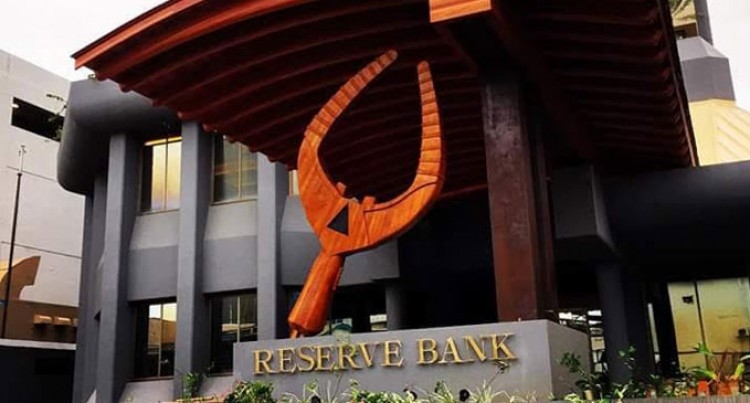By: Dionisia Tabureguci
Fijians have been warned to expect higher prices in coming months as high domestic oil prices push up costs, exerting an upward pressure on inflation.
In an announcement released this week, the Reserve Bank of Fiji said while annual inflation for June was higher than figures recorded for May, it was still lower than inflation in June last year.
“Higher prices were noted for vegetables, alcoholic drinks, tobacco and yaqona, tertiary education, and fuel. The recent increase in domestic fuel prices is expected to exert upward pressure on prices in the coming months, nonetheless, the year-end inflation projection for 2019 stands at 3.2 percent,” it said.
Fiji’s economy this year is expected to be characterised by low growth, high fuel prices, high prices of goods and services and a slowdown in domestic consumption and investment spending.
“Domestic demand expanded over the review period, albeit at a slower pace supported by higher inward remittances, tourism earnings and private sector credit growth,” said RBF Governor Ariff Ali while announcing an unchanged Overnight Policy Rate(OPR) at 0.5 per cent.
RBF also warned that Fiji will feel some shocks when the ongoing trade stand off between China and the United States of America affects major trading partners Australia and New Zealand, where most of FIji’s tourists come from.
Tourism is a significant employer, directly and indirectly employing over 45,000 Fijians according to Tourism Fiji.
It is also a major earner and was projected to earn over F$2 billion in 2018, according to the RBF’s March 2019 quarterly review.
Inward remittances, domestic exports and new foreign investments in Fiji are also possible casualties of a slowing global economy.
In May, RBF announced the downgrading of Fiji’s growth forecast for 2019, from earlier projection of 3.4 per cent to 2.7 per cent, saying it reflects the “moderation in domestic economic activity and is in line with the slowdown anticipated for the global economy.”
